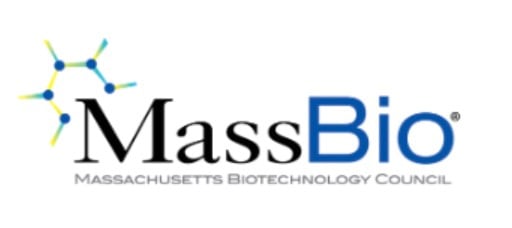ON-DEMAND
Challenges and strategies for the bioanalysis of protein therapeutics and biomarkers by LC–MS/MS

Now Streaming On-Demand
Bioanalysis of proteins by LC–MS/MS is a well-established technique in drug discovery and development. LC–MS/MS has gained popularity as a complementary approach to ligand-binding assays (LBA) and offers advantages over LBA in terms of critical reagents, specificity, multiplexing and reduced development time. Overall, LC–MS/MS-based bioanalysis of proteins continues to advance, driven by ongoing developments in instrumentation, sample preparation techniques and data analysis strategies. These advancements enhance the capabilities of researchers and regulatory authorities to assess the safety, efficacy and quality of protein-based drugs.
In this presentation, we will discuss the challenges we have encountered when developing LC–MS methods for protein therapeutics and biomarkers, as well as strategies to overcome such challenges. The presentation will focus on immunocapture condition optimization, signature peptide selection, digestion designs to obtain suitable signature peptides for quantification and stable isotope-labeled internal standard selection.
This webinar will provide a primer on the role of mass spectrometry in protein therapeutics bioanalysis with an emphasis on hybrid IA-LC-MS/MS workflow. Case studies on PK analysis as well as biomarker analysis will be presented to illustrate the challenges and the solutions. Affinity capture followed by enzymatic digestion is the general workflow for large molecule LC–MS bioanalysis.
- Upon completion, participants will be able to understand the principles of hybrid LC–MS methods for large molecule bioanalysis
- Participants will also be able to design affinity capture and enzymatic digestion workflows for large molecule LC–MS bioanalysis
- Finally, participants will be able to discuss the challenges and strategies in different steps and aspects of large molecule hybrid LC–MS methods
Amanda Hays, Ph.D., Scientific Officer, offers more than a decade of lab experience in multiple fields, including pharmacology, drug metabolism, immunoassays, immunogenicity, biomarkers, flow cytometry and qPCR. She has expertise in providing guidance for programs through all stages in the drug development process. In her current role she provides global scientific leadership and technical guidance at BioAgilytix.
Dr. Hays is the Chair of several AAPS working groups, among other volunteer leadership positions. She earned her Ph.D. in pharmacology from the University of Kansas Medical Center in Kansas City (KS, USA).
Ben Nie is Scientist III at BioAgilytix San Diego leading the large molecule LC–MS group. He obtained his PhD in Pharmaceutical Science from Auburn University (AL, USA) in 2017. He has more than 10 years of experience in LC–MS-based bioanalysis for both large and small molecules. Published 20+ scientific papers in peer-reviewed journals. His research interest focuses on the application of LC–MS technologies to novel therapeutics.
Shashank Gorityala has more than 10 years of experience in biological and analytical research. In his current role as Associate Director, he leads the large molecule bioanalysis by LC–MS at BioAgilytix and serves as a subject matter expert in hybrid IA-LC-MS/MS, regulated LC–MS/MS, new modalities and biomarker bioanalysis. His team focuses on developing methodologies to offer bioanalytical support for the analysis of biomarkers and biologics in biological fluids and tissues.
Shashank graduated from Cleveland State University in Cleveland (OH, USA), with an MS in Analytical Chemistry and a PhD in Clinical Bioanalytical Chemistry. He received academic training on mass spectrometry-based applications in cancer research at Case Comprehensive Cancer Center (OH, USA).
